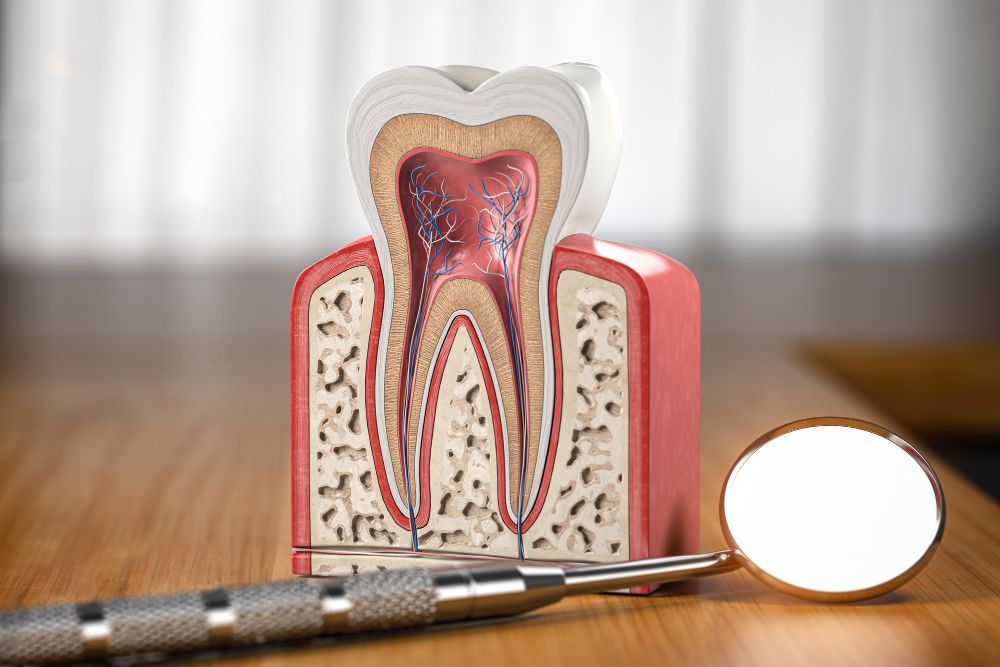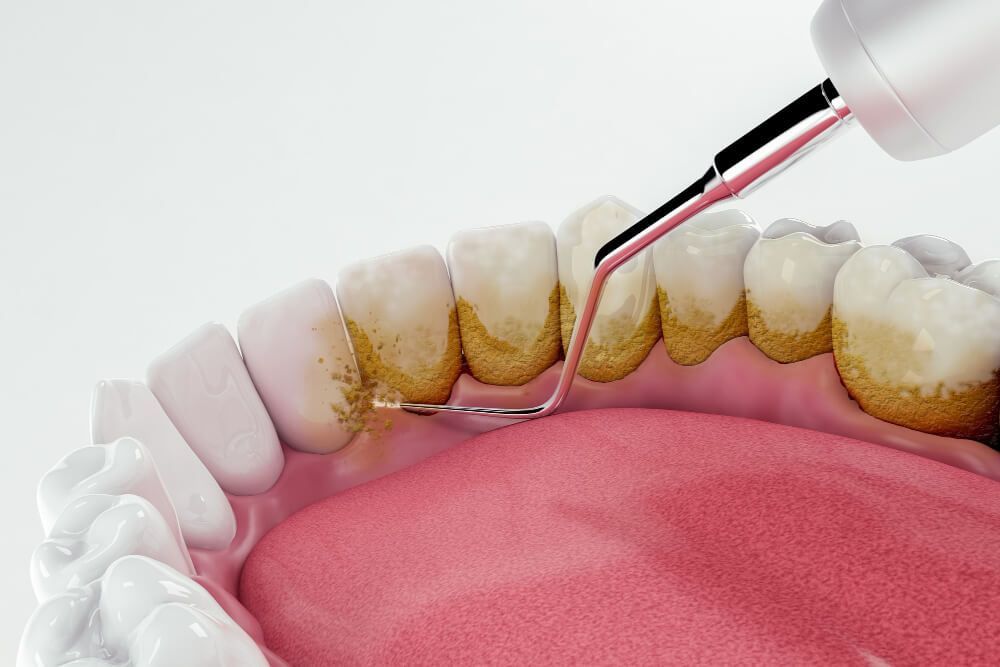Stress and Oral Health: The Impact of Stress on Your Teeth and Gums
Stress and Oral Health: The Impact of Stress on Your Teeth and Gums

Stress is a fact of life for many of us, but did you know that stress can have a direct and negative impact on your oral health? It's true! Unmanaged stress can take a toll on your teeth and gums in a variety of ways, and it's important to be aware of how your stress level may be affecting your oral health. In this blog post, we'll explore the relationship between stress and oral health and discuss what you can do to protect your teeth and gums from the effects of stress.
How stress affects oral health
Stress can have a direct impact on your oral health. Stress hormones can trigger the body to produce more acid in the stomach, which can then be regurgitated and damage the enamel of your teeth. Additionally, people who are stressed may clench their jaw and grind their teeth, leading to dental problems like jaw pain and enamel wear. Stress can also lead to poor oral hygiene habits such as not brushing and flossing properly, leaving the teeth vulnerable to decay and disease. Finally, stress has been linked to periodontal (gum) disease, since it causes the body’s immune system to weaken and become less effective at fighting off infection.
The link between stress and gum disease
Stress can have a negative impact on your oral health, particularly in regards to gum disease. When you are under stress, your body releases cortisol, which can weaken your immune system and leave you more susceptible to bacteria that causes gum disease. Additionally, people under high levels of stress may be less likely to brush and floss regularly and neglect their oral hygiene, leading to an increase in bacteria in the mouth and an increased risk of gum disease. If you are experiencing higher than normal levels of stress, it’s important to practice good oral hygiene habits and make sure to visit your dentist for regular checkups.
The link between stress and tooth decay
When it comes to oral health, stress is often overlooked as a factor that can contribute to tooth decay. Studies have found a correlation between stress and an increased risk of dental caries. This is because the hormone cortisol, which is released during times of stress, decreases the body’s resistance to acidity. This means that the enamel on the teeth is more vulnerable to the acids found in plaque, leading to cavities and tooth decay.
Other studies have found that stress can make us more likely to indulge in unhealthy habits such as snacking on sugary foods. When we are stressed, we often reach for food that is high in sugar and carbohydrates, which increases the risk of developing cavities and tooth decay.
Stress also has an impact on our oral hygiene habits. When we are stressed, we may not be as diligent about brushing and flossing twice daily. This can lead to a buildup of plaque on the teeth, which can lead to decay and cavities.
It is important to manage stress in order to keep your oral health in check. Make sure to take time for yourself each day to practice relaxation techniques such as meditation and yoga, or even just taking a few moments to sit back and take deep breaths. Regular exercise and a healthy diet can also help to reduce stress levels and keep your teeth and gums healthy.
Ways to reduce stress for better oral health
Reducing stress levels can have a positive impact on oral health. Here are some tips for managing stress and improving oral health:
1. Exercise regularly: Regular exercise can help reduce stress and improve physical and mental health. Aim to get 30 minutes of exercise at least 5 days per week.
2. Get enough sleep: Not getting enough sleep can lead to increased stress, so it’s important to get 7-8 hours of restful sleep each night.
3. Practice mindfulness: Mindfulness activities such as yoga, meditation, and deep breathing can help reduce stress levels and increase overall wellbeing.
4. Eat a balanced diet: Eating a healthy diet can help reduce stress levels and promote better overall health. Focus on eating plenty of fruits, vegetables, whole grains, lean proteins, and healthy fats.
5. Take breaks: Make sure to take breaks throughout the day and engage in activities that bring you joy or relaxation. Listen to music, watch your favorite show, or take a walk in nature.
6. Talk to someone: It’s important to find a support system if you are feeling overwhelmed by stress. Talking to a friend, family member, therapist, or counselor can be beneficial in reducing stress levels.
7. Visit your dentist regularly: Visiting your dentist every six months for checkups and cleanings can help prevent dental problems caused by stress.
By following these tips, you can manage stress levels more effectively and maintain optimal oral health.
Stress has a significant impact on oral health, from increased risk of gum disease to tooth decay. Taking steps to reduce stress and manage the pressures of daily life can go a long way in promoting better oral health. If you are feeling overwhelmed, make sure to talk to your dentist about how best to care for your teeth and gums.








